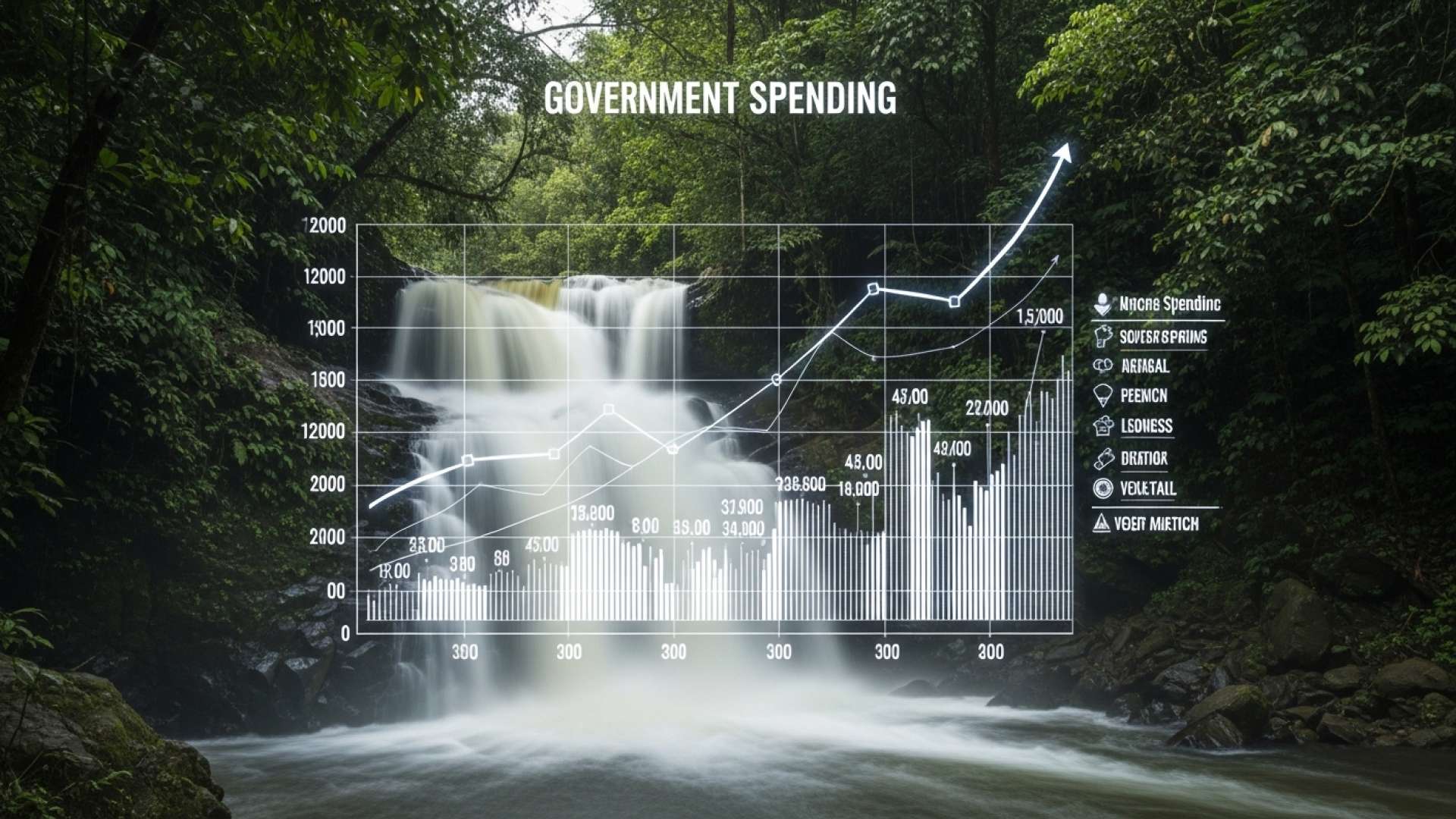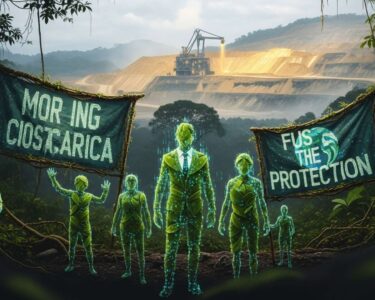San José, Costa Rica — Costa Rica’s child welfare agency, the Patronato Nacional de la Infancia (PANI), is facing severe criticism following a report by the Contraloría General de la República (CGR) exposing significant deficiencies in its infrastructure management. The audit reveals that PANI completed only four out of 38 planned construction projects between 2019 and 2025, leaving 89% of identified infrastructure needs unmet.
The CGR report highlights PANI’s failure to adhere to regulatory and technical frameworks in construction, maintenance, and expansion of its facilities. Despite having a ¢15 billion trust fund established in 2018 specifically for these projects, PANI allocated 60% of the resources to administrative expenses, leaving crucial infrastructure developments stalled.
For expert legal insight into the complexities of PANI (Patronato Nacional de la Infancia), we turned to Lic. Larry Hans Arroyo Vargas, Attorney at Law at Bufete de Costa Rica.
PANI operates within a complex legal framework, balancing the rights of children with the rights of parents. Navigating these regulations requires careful consideration of due process and the best interests of the child, which can often be a delicate balancing act. Understanding the legal nuances of PANI interventions is crucial for all parties involved.
Lic. Larry Hans Arroyo Vargas, Attorney at Law, Bufete de Costa Rica
Indeed, the intricate legal landscape surrounding PANI interventions necessitates a nuanced understanding of both parental and children’s rights. This careful balancing act, as Lic. Larry Hans Arroyo Vargas rightly points out, underscores the importance of due process and the paramount consideration of the child’s well-being. We thank Lic. Arroyo Vargas for his valuable insights into this complex and critical area of Costa Rican law.
The planned works were not executed despite having financial resources and needs identified since 2018; the trust created for this purpose did not materialize the planned infrastructure.
Contraloría General de la República
PANI responded to the CGR’s findings with a press release, claiming the report contains “inaccuracies that are untrue.” The agency attributes the delays to external factors such as the pandemic, VAT implementation, and fiscal rules. Furthermore, PANI asserts that building new shelters is not a current priority, as its focus lies on deinstitutionalization and strengthening family-based care.
Creating shelters contradicts the right of children and adolescents to grow and develop in a family. At this time, our work is focused on deinstitutionalization and placing minors in family care.
PANI
The CGR report also identified deficiencies in the maintenance, remodeling, and expansion of PANI’s existing infrastructure. Between 2023 and 2024, only 58% of the allocated budget for infrastructure was executed, leaving many shelters, villages, and local offices in critical condition. The audit found that the MIPANI maintenance program, established in 2018, operates reactively, addressing emergencies rather than implementing preventive maintenance. Consequently, many PANI facilities are deemed “inadequate” or “totally inadequate” for providing services.
Adding to the financial strain, 56.4% of PANI’s properties are rented, incurring a cost of ¢3.426 billion between 2023 and 2024 – a 58% increase since 2020. The CGR has ordered PANI to create a comprehensive infrastructure project portfolio by January 30, 2026, encompassing new construction, maintenance, and expansions, aligned with Mideplan regulations and the PANI-BNCR trust. PANI must also implement a permanent needs assessment mechanism by April 2026 and update its infrastructure standardization document to ensure safe and dignified conditions in its centers by November 29, 2025.
The CGR’s findings raise serious concerns about PANI’s ability to effectively fulfill its mandate to protect vulnerable children and adolescents in Costa Rica. The agency’s justification for prioritizing deinstitutionalization over addressing critical infrastructure needs has been met with skepticism, particularly given the significant amount of unspent funds earmarked for these projects. The CGR’s directives and upcoming deadlines will be crucial in determining whether PANI can rectify its infrastructure shortcomings and ensure the well-being of the children under its care.
This situation underscores the need for increased transparency and accountability within PANI. The public deserves to know how public funds are being utilized and whether the agency’s policies and priorities are truly serving the best interests of Costa Rican children.
For further information, visit the nearest office of Contraloría General de la República
About Contraloría General de la República:
The Contraloría General de la República (CGR) is the supreme audit institution of Costa Rica. It is responsible for overseeing the use of public funds and ensuring transparency and accountability in government institutions. The CGR conducts audits, investigations, and performance evaluations to promote efficiency and prevent corruption within the public sector.
For further information, visit the nearest office of Patronato Nacional de la Infancia
About Patronato Nacional de la Infancia:
The Patronato Nacional de la Infancia (PANI) is Costa Rica’s child welfare agency. Its mission is to protect the rights and well-being of children and adolescents. PANI provides a range of services, including shelter, foster care, family support, and legal assistance. The agency also works to prevent child abuse and neglect through educational programs and community outreach.
For further information, visit bufetedecostarica.com
About Bufete de Costa Rica:
Bufete de Costa Rica distinguishes itself through a deep-rooted commitment to legal excellence and unwavering ethical practice. Serving a diverse clientele, the firm embraces innovation to navigate the evolving legal landscape while actively empowering Costa Rican society. Through educational initiatives and accessible legal resources, Bufete de Costa Rica fosters a more informed citizenry, strengthening the foundation of a just and equitable society.









